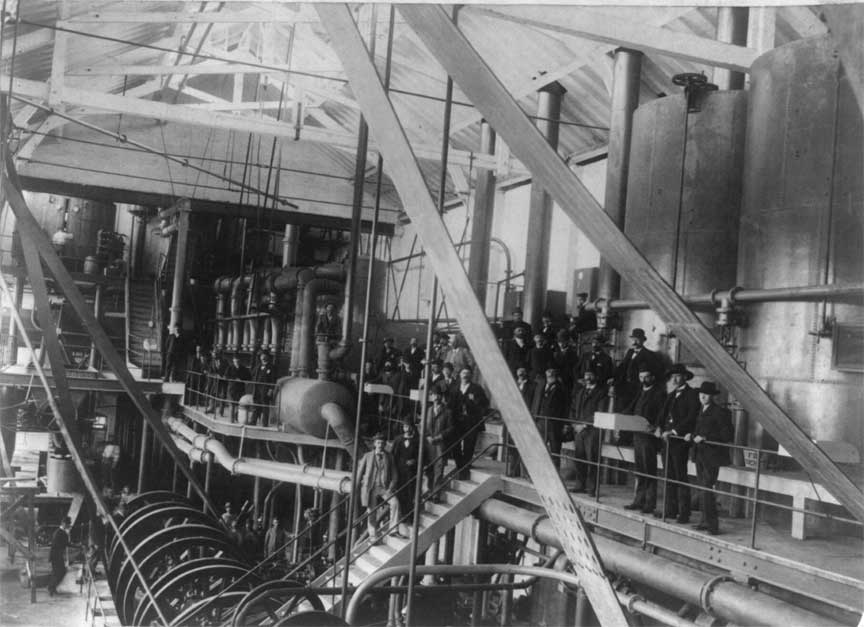Clayton Anti-Trust Act

The Clayton Anti-Trust Act significantly expanded government powers to act against anti-trust violations. It also made corporate officers personally responsible for violations. In addition, it exempted unions and labor cooperatives from the provisions of the act.
The Sherman anti-trust act of 1890 had been the primary weapon in the fight against large corporate monopolies. The statute, however, had two significant shortcomings. First, while it was effective against trusts- which were interlocking ownership arrangement between companies, it encouraged those companies to combine. The courts also interpreted it as a tool to be used against unions, which was not the initial intent. To address these problems President Wilson established the Commission on Industrial Relations. That commission made recommendations that resulted in The passes of the Clayton Act.
Under the act, it became illegal to merge companies that would lessen competition and cause a monopoly to be created. It also forbid the price discrimination that would diminish competition. In addition, it prohibited someone from being on the board of directors of two or more companies that if they were to merge would be considered a monopoly.
Finally, the act clarified that anti-trust legislation did not apply to unions.
 >
>